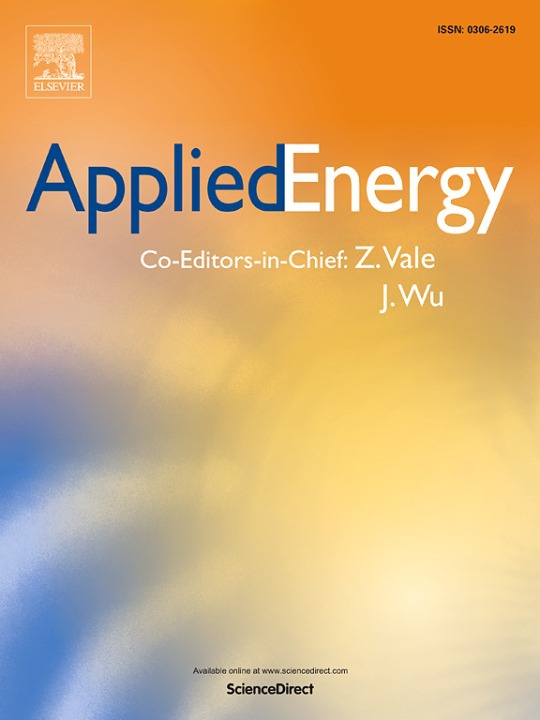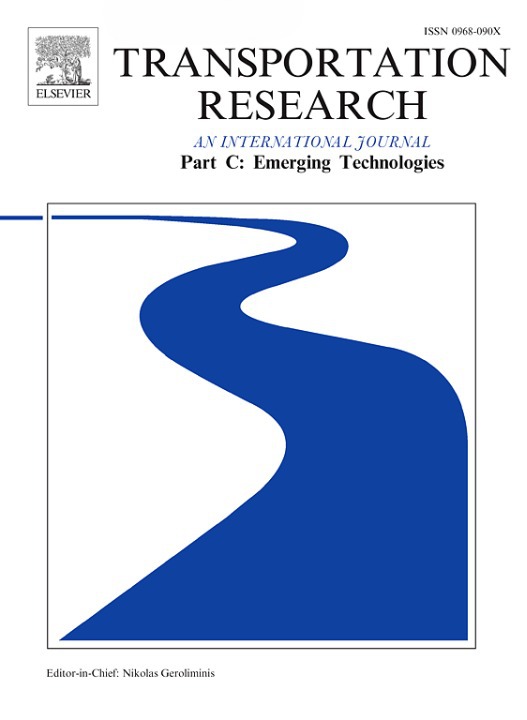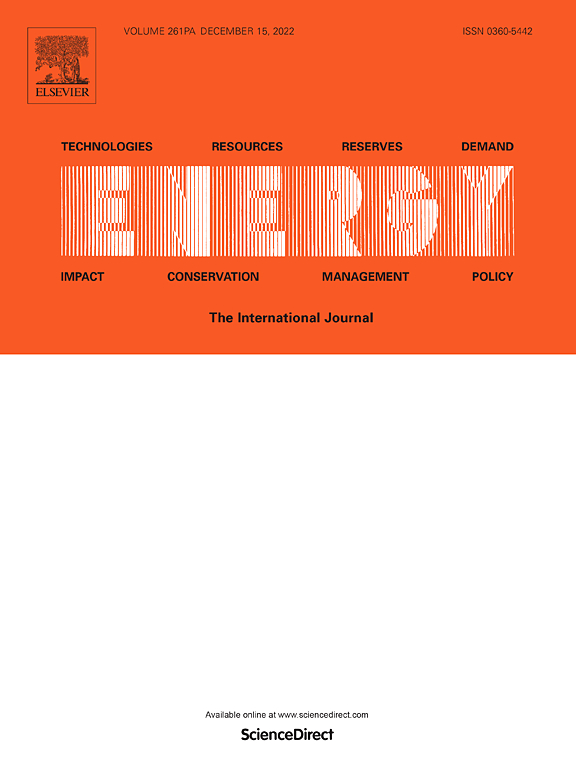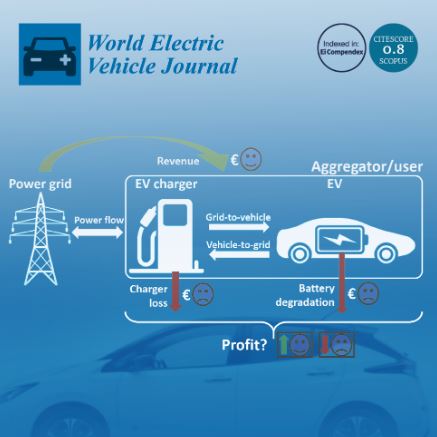Research Papers/Articles

An Empirical Study on Consumer Motives and Attitude Towards Adoption of Electric Vehicles in India: Policy Implications for Stakeholders
2022
Author(s): Sahoo D, Harichandan S, Kar SK, Sreejesh S
The present study empirically investigates the motives behind users’ attitude formation, behavioural intention, and word of mouth towards electric vehicles. An online survey was conducted among Indian youths currently using or potentially using electric vehicles.

A Hybrid Big-Data-Based and Tolerance-Based Method To Estimate Environmental Benefits of Electric Bike Sharing
2022
Author(s): Liu Y, Tian Z, Pan B, Zhang W, Liu Y, Tian L
This research has established a set of methods to use the data of existing docked bike-sharing systems to pre-estimate the emission reduction effects of a docked electric bike-sharing system that will be built in the future.

On the Integration of Battery Electric Buses Into Urban Bus Networks
2022
Author(s): Dirks N, Schiffer M, Walther G
The authors introduce an integrated modeling approach to determine a cost-optimal, long-term, multi-period transformation plan for integrating battery electric buses into urban bus networks. This model connects central strategic and operational decisions.

How to Support EV Adoption: Tradeoffs Between Charging Infrastructure Investments and Vehicle Subsidies in California
2022
Author(s): Ledna C, Muratori M, Brooker A, Wood E, Greene D
Optimal strategies to accelerate EV adoption must weigh the relative value of alternative policy mechanisms to consumers, including public charging infrastructure and vehicle purchase subsidies. The authors use a historically validated light-duty vehicle consumer choice tool, the ADOPT model, to simulate personal light-duty vehicle adoption and related emissions in California.

Measuring the Equity Impacts of Government Subsidies for Electric Vehicles
2022
Author(s): Caulfield B, Furszyfer D, Stefaniec A, Foley A
This study investigates the characteristics of the private EV household charger population using a regression model and spatial analysis to determine the influences of income, car ownership, and economic status on EV take-up rates.
Who Will Use New Mobility Technologies? Exploring Demand for Shared, Electric, and Automated Vehicles in Three Canadian Metropolitan Regions
2022
Author(s): Long Z, Axsen J
Innovations in "new mobility" could change the transportation system, including the use of automated, electric, and shared vehicles. However, researchers are still learning about who is currently using these technologies ("realized demand") and who is interested in future usage ("latent demand").
Global Electric Vehicle Adoption: Implementation and Policy Implications for India
2022
Author(s): Das PK, Bhat MY
The study aims to get an overview of the electric vehicle policies of the government of India and its state governments to find out their relevance and impact on EV adoption in India.
Defining Low-Carbon Gas and Renewable Gas in the European Union
2022
Author(s): Zhou Y, Baldino C
This briefing summarizes the findings from a recent paper which provides recommendations for defining renewable gas and low-carbon gas based on life-cycle GHG emissions factors.
Gas Definitions for the European Union: Setting Thresholds to Reduce Life Cycle Greenhouse Gas Emissions
2022
Author(s): Zhou Y, Baldino C
This study proposes definitions for renewable gas and low-carbon gas based on key parameters that impact the life-cycle GHG emissions for major gas pathways in the EU.

Electric Vehicle Simulations Based on Kansas-Centric Conditions
2022
Author(s): Simpson T, Bousfield G, Wohleb A, Depcik C.
When considering buying an electric vehicle, consumers are often discouraged by range anxiety (EVs). According to the US Environmental Protection Agency, new commercial EVs may easily reach over 200 miles of range, allaying this worry (EPA).



